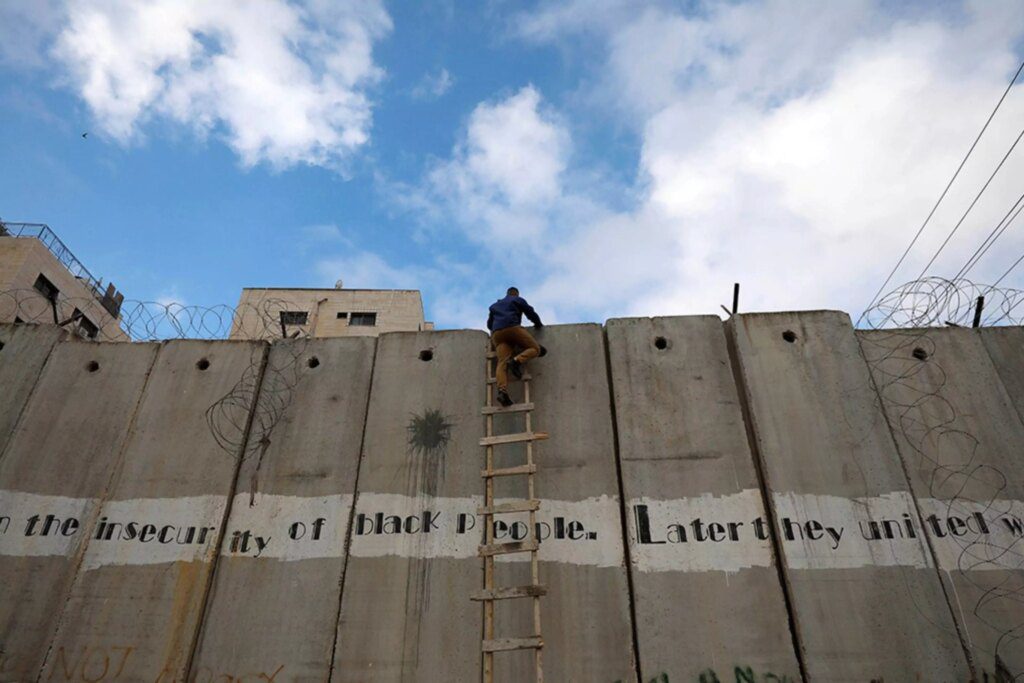The Israeli-Palestinian conflict is a deeply rooted and complex dispute between Israelis and Palestinians. This article provides an overview of the historical background of the conflict, the peace process, and the role of international diplomatic efforts. It highlights the involvement of the United States, the United Nations, the Quartet on the Middle East, and various regional and international conferences. Despite ongoing efforts, achieving a lasting and comprehensive peace has proved challenging due to deep-seated mistrust, complex issues, and political dynamics. The article concludes by emphasizing the importance of engaging in constructive dialogue, compromise, and a genuine commitment to achieving a just and lasting peace.
The Israeli-Palestinian Conflict
Introduction
The Israeli-Palestinian conflict is a protracted and complex dispute between two groups: Israelis and Palestinians. With deep historical, religious, and territorial roots, the conflict has been ongoing for decades, resulting in immense human suffering, political tensions, and diplomatic challenges.
The Historical Background
The roots of the Israeli-Palestinian conflict can be traced back to the late 19th and early 20th centuries when Jewish Zionists sought to establish a homeland in Palestine. This aspiration collided with the Arab Palestinian desire for self-determination, sparking tensions and violence.
After the end of World War I and the collapse of the Ottoman Empire, Britain was mandated to administer Palestine by the League of Nations. During this period, Jewish immigration to Palestine increased, further straining relations between the Jewish and Arab communities.
In 1947, the United Nations proposed the partition of Palestine into separate Jewish and Arab states, leading to the formation of the State of Israel in 1948. However, this partition plan was rejected by the Arab countries, and a war broke out between the newly formed Israel and the surrounding Arab nations.
The Peace Process
The Israeli-Palestinian peace process officially began in the early 1990s with the Oslo Accords, signed between Israel and the Palestinian Liberation Organization (PLO). These agreements aimed to establish a framework for negotiations and the creation of a Palestinian state alongside Israel.
However, despite initial optimism, progress in the peace process has been slow and often disrupted by acts of violence and political obstacles. Issues such as borders, settlements, refugees, and the status of Jerusalem have proved highly contentious and challenging to resolve.
The Role of International Diplomatic Efforts
International diplomatic efforts have played a significant role in attempting to mediate and facilitate a resolution to the conflict. Various countries, international organizations, and individuals have made concerted efforts to bring both sides to the negotiating table and find common ground.
The United States
The United States has traditionally been heavily involved in the Israeli-Palestinian peace process, serving as a mediator and facilitator. Several U.S. presidents have invested significant diplomatic efforts to advance the negotiations and broker agreements between the two sides.
However, despite numerous peace initiatives, including the Camp David Accords in 2000 and the Annapolis Conference in 2007, no final resolution has been achieved.
The United Nations
The United Nations has also been actively involved in efforts to resolve the Israeli-Palestinian conflict. The UN General Assembly and Security Council have adopted various resolutions over the years, calling for peace, the respect of international law, the implementation of relevant agreements, and the establishment of an independent Palestinian state.
However, the United Nations faces significant challenges due to the veto power held by certain permanent members of the Security Council. This political dynamics often hinder decisive and effective action.
The Quartet
The Quartet on the Middle East, composed of the United States, the European Union, Russia, and the United Nations, was established in 2002 to promote peace and mediate in the Israeli-Palestinian conflict. The Quartet has issued numerous statements, recommendations, and initiatives to push for progress in the peace process.
Regional and International Conferences
Various regional and international conferences have been organized to discuss the Israeli-Palestinian conflict and explore potential pathways to peace. These conferences bring together key stakeholders and provide a platform for dialogue, negotiation, and the exchange of ideas.
The Challenges Ahead
The Israeli-Palestinian conflict continues to present significant challenges to the international community’s efforts to achieve a lasting and comprehensive peace. The deep-seated mistrust, the complexity of the issues, and the political dynamics of both Israeli and Palestinian societies make finding a mutually acceptable solution an arduous task.
Moreover, the sporadic outbreaks of violence, the expansion of Israeli settlements, and the lack of progress in negotiations hinder any meaningful advancement towards a peaceful resolution.
Conclusion
The Israeli-Palestinian conflict remains one of the most complex and intractable conflicts in contemporary history. As international diplomatic efforts persist, it is essential for all parties involved to engage in constructive dialogue, compromise, and a genuine commitment to achieving a just and lasting peace. Only through sustained diplomatic efforts can a resolution be found, conducive to the aspirations and security of both Israelis and Palestinians.
